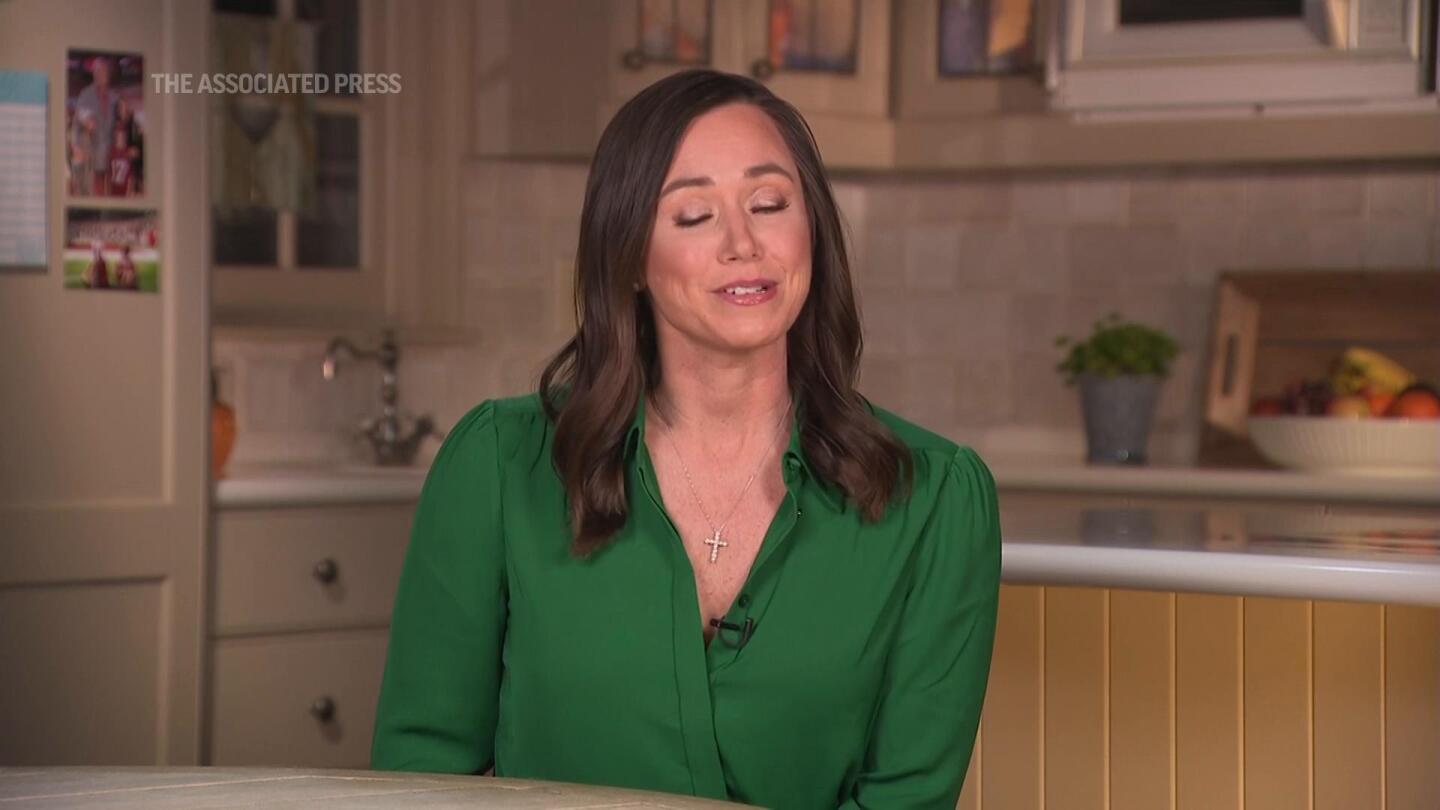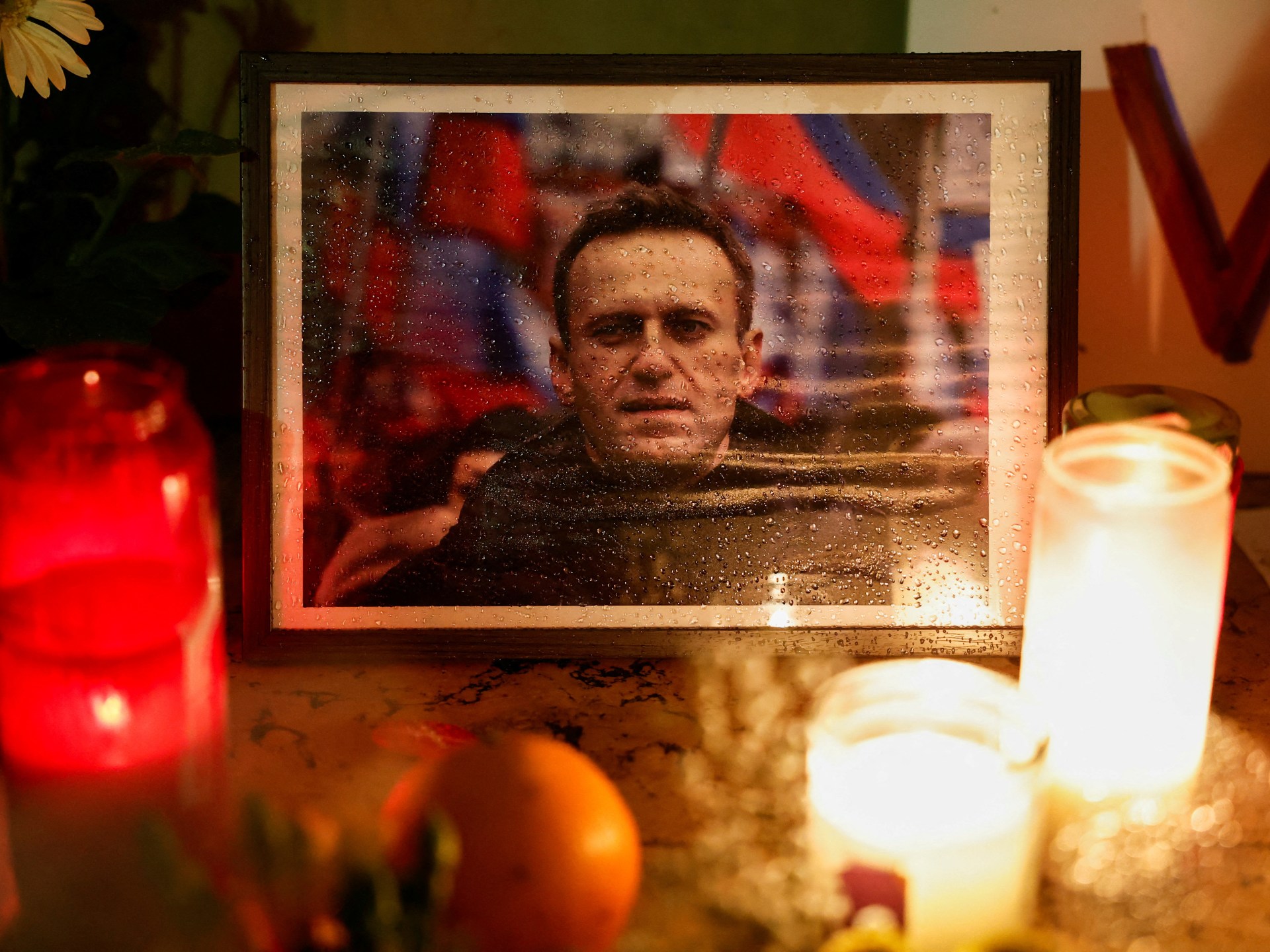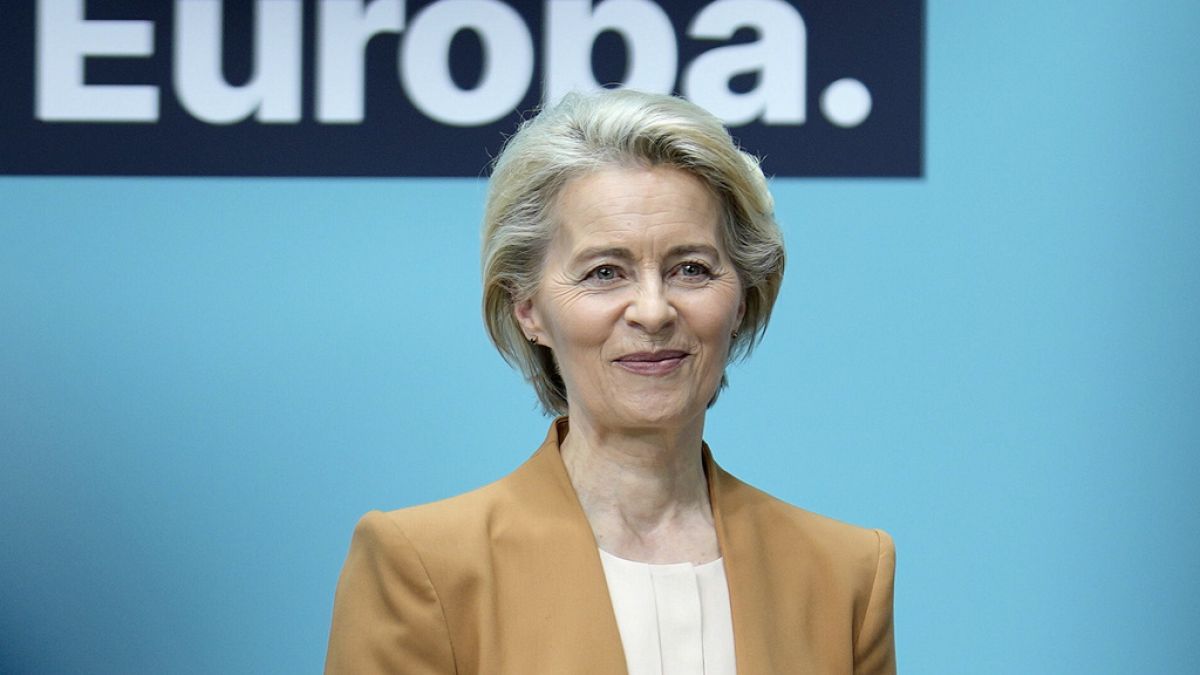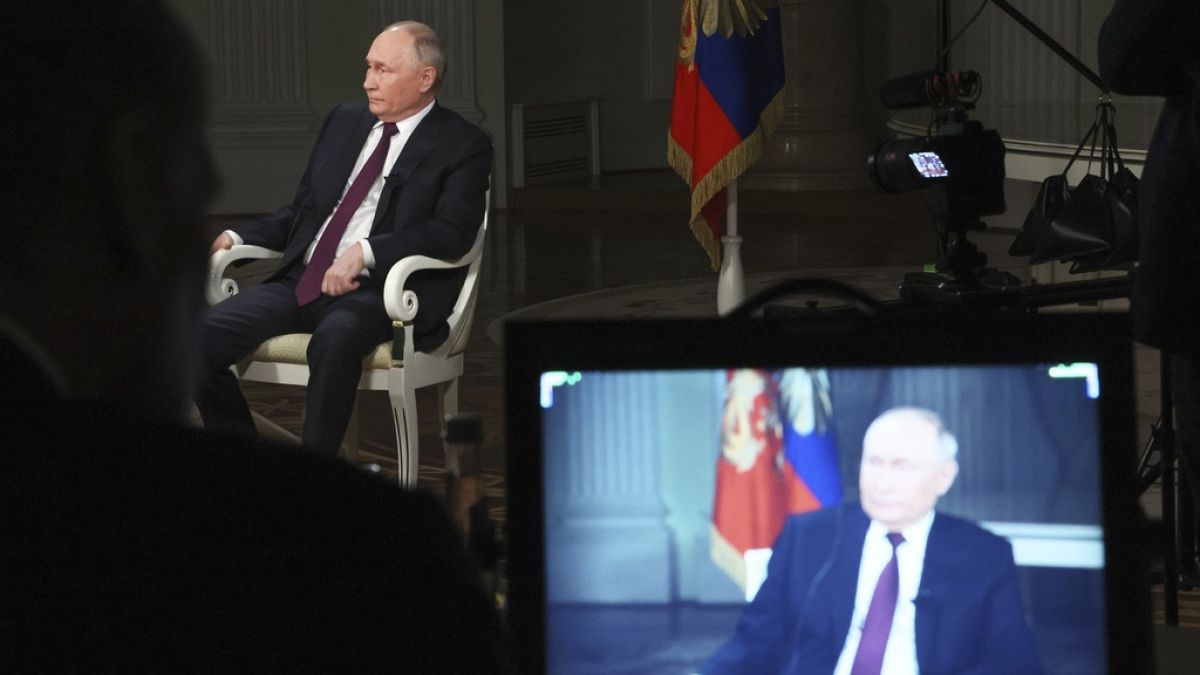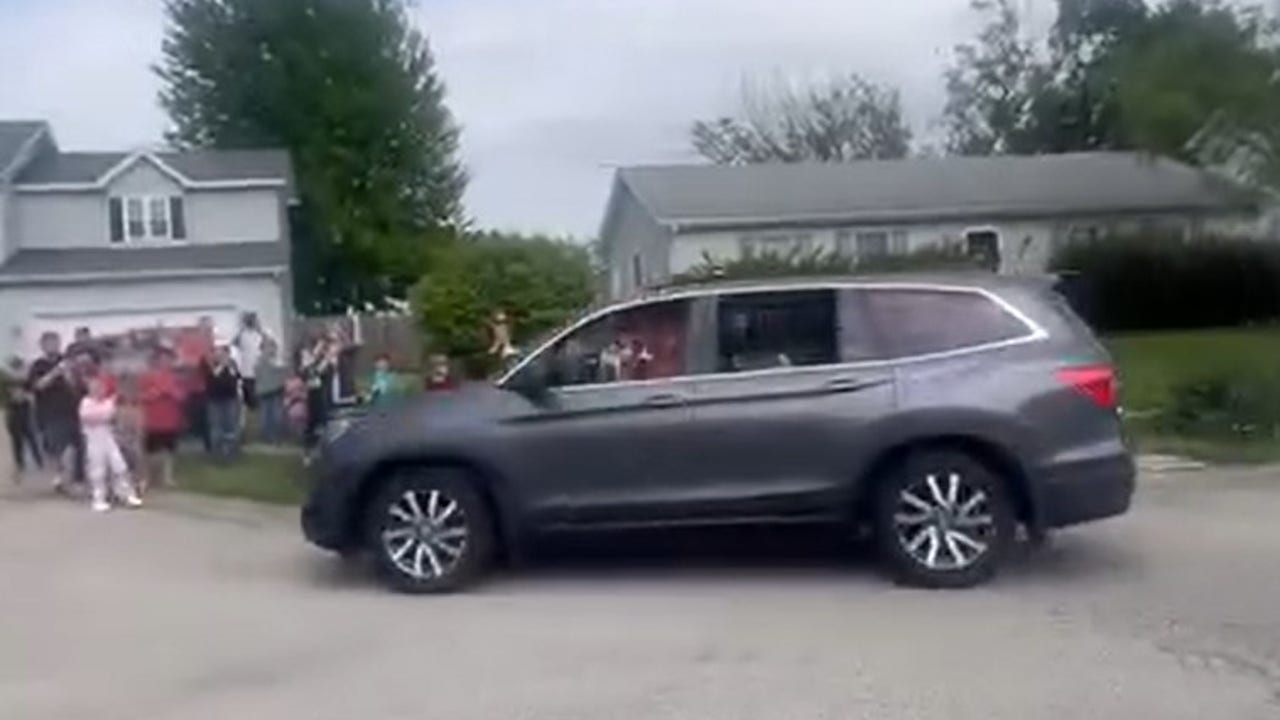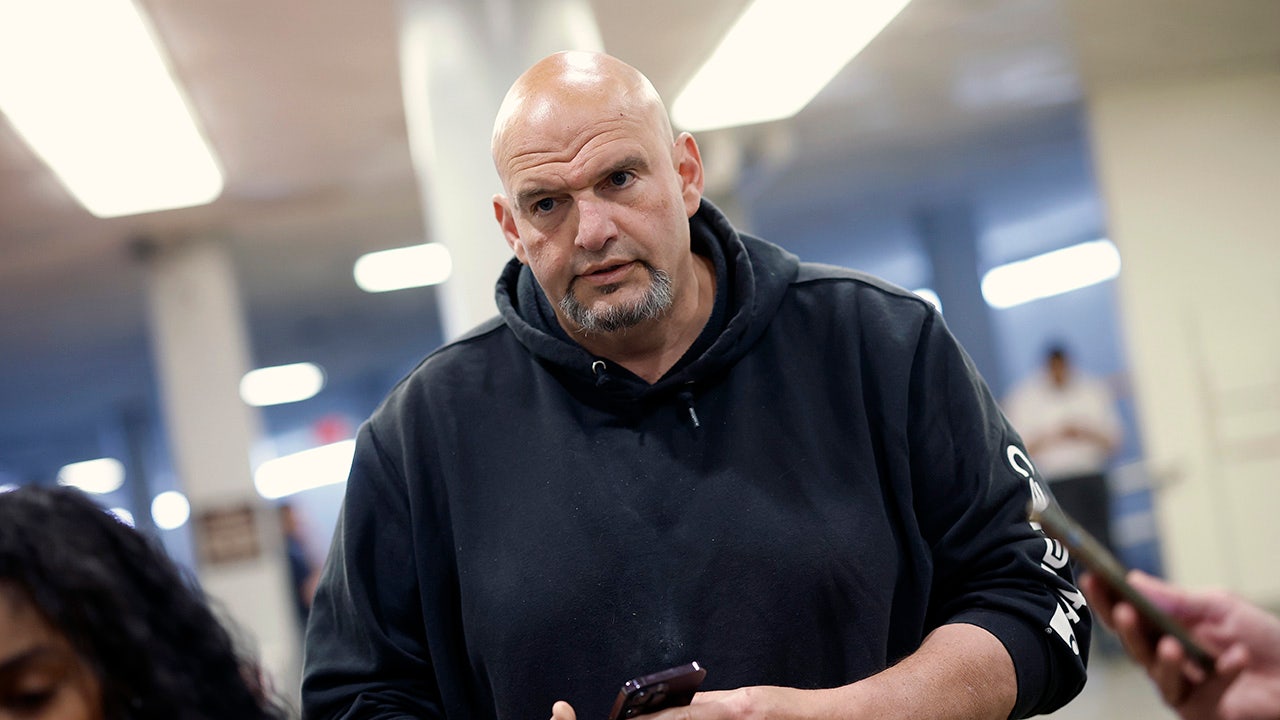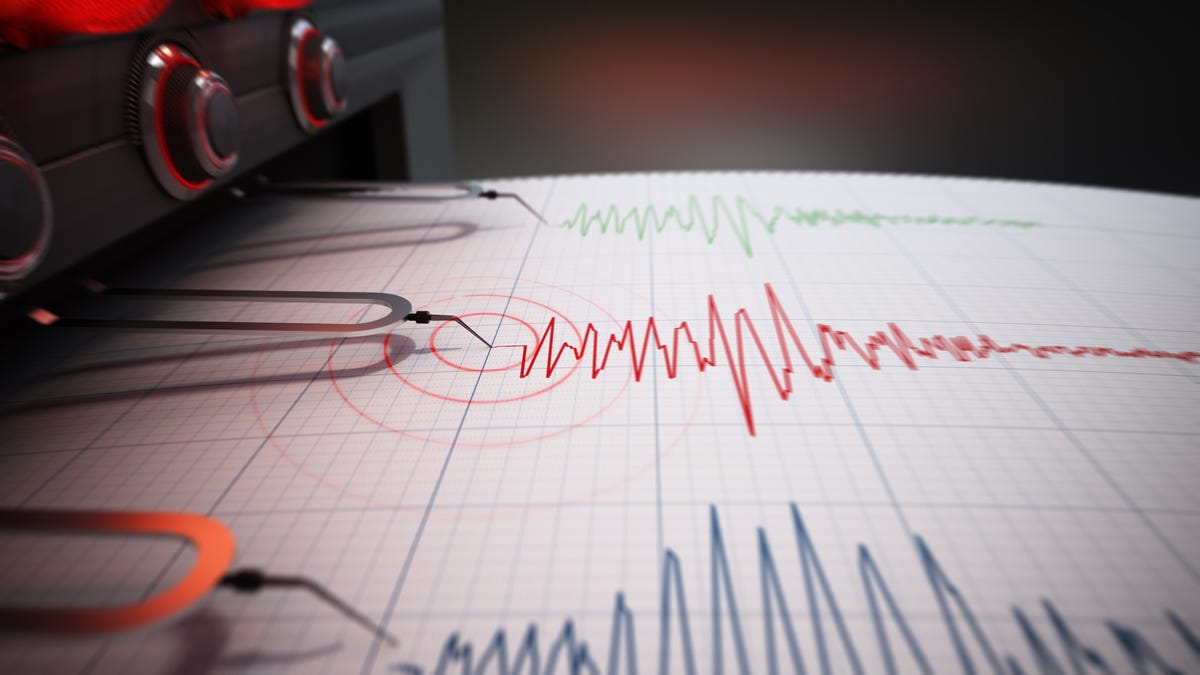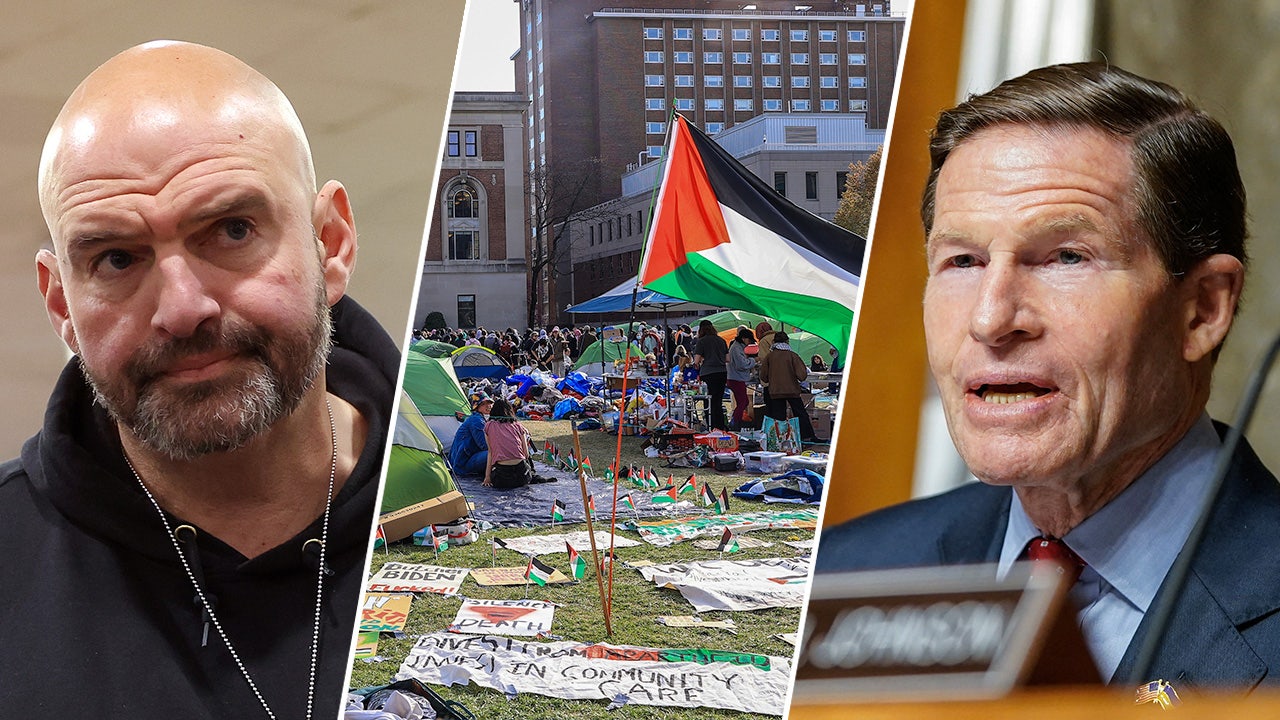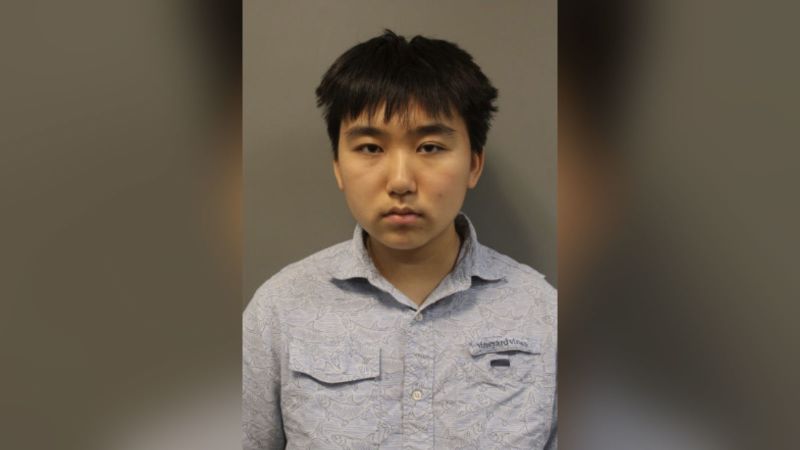World
How EU sanctions won't stop Putin getting six more years in power
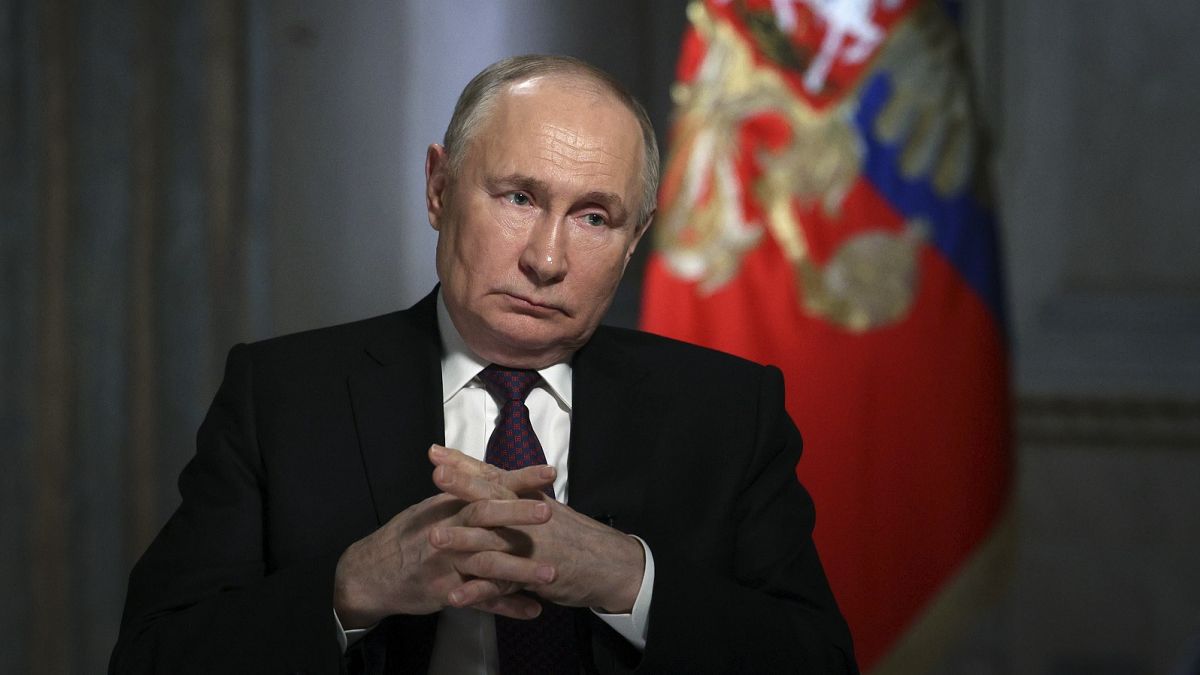
President Vladimir Putin is all but guaranteed to win six more years of power in Russia’s upcoming elections. Opponents – many of them behind bars, exiled abroad, or dead – say EU officials must intensify their efforts to hit Moscow where it hurts.
Critics of Russian President Vladimir Putin say the EU must do more to help them crack the elite’s grip on power ahead of a presidential election so tightly controlled by the current Kremlin resident that it leaves no room for any opposition to his 25-year rule.
Despite EU efforts to sanction Russian authorities for their full-scale invasion of Ukraine and ongoing crackdown on dissent, the ballot will be held weeks after Moscow gained significant territory in Ukraine. Meanwhile, the ruling elite is getting richer, Russia has been selling oil for more than the price cap established by the G7, Moscow’s army is securing sanctioned military technology via allied countries, and the voice of Putin’s fiercest critic, Alexei Navalny, was forever silenced last month when he died in the penal colony he was held in.
Russia may be the most sanctioned country in the world, but “there were a lot of mistakes” in the restrictive measures implemented by Western allies, Russian politician and opposition leader Dmitry Gudkov told Euronews. Sanctions, he also said, have enefited Putin but are hurting ordinary Russians.
European officials are just now realising that “something went wrong,” he added.
Last month, a Moscow court barred Putin’s main challenger, Boris Nadezhdin, an opponent of the war in Ukraine, from running in the election.
Gudkov, the leader of the opposition Party of Changes, was exiled to Ukraine in 2021 after being detained— and released shortly after— for what he claims was a “fake” criminal case against him. A Moscow court issued in February an arrest warrant against him under charges of distributing “fake” information about Russia’s military. The former politician faces up to 10 years in prison.
For Russian dissidents, Putin’s illegitimacy should not be questioned: the Russian leader has been the subject since March 2023 of an International Criminal Court arrest warrant for war crimes committed in Ukraine; the 2020 referendum that allowed him to run for two more six-year presidential terms was considered a sham by international observers; and these elections will be conducted in the illegally annexed territories of Donetsk, Luhansk, Kherson, and Zaporizhzhia
How has the West failed to implement sanctions efficiently?
According to Rasa Juknevičienė, a Member of the European Parliament from Lithuania, the EU does not have an “effective structure” to implement sanctions against Russia due to the bloc’s lack of experience.
The 27-country Union rolled out its 13th package of sanctions against Russia last month to further restrict Moscow’s access to military technologies and prevent sanction circumvention.
But Western leaders, Juknevičienė added, are “afraid to punish Putin, to crush Putin’s regime, and provide all necessary support to Ukraine.”
Forbes announced last year that the overall wealth of Russia’s super-rich had increased by $152 billion (€139 billion) since 2022. It also counted 110 billionaires in Russia — 22 more than the previous year.
Speaking to EU foreign affairs ministers in February, Navalny’s widow, Yulia Navalnaya, said that sanctions have not targeted Russia’s elite enough. She claims they have transferred their belongings to family and friends to avoid the seizure of their assets. “Putin’s friends are simply laughing at you,” Navalnaya said.
Since Ukraine’s full-scale invasion, Russia has been able to sell oil above the $60 per barrel price cap established by the G7 countries in December 2022, according to the Atlantic Council. The Kremlin is moving over 70 percent of its oil “through a shadow fleet,” it said.
A report by researchers from King’s College London found that Russia has been able to evade sanctions by importing banned products via friendly countries such as Georgia, Belarus, and Kazakhstan.
“We see how sanctions do not work, and this is obvious for the West,” Russian dissident Anastasia Shevchenko told Euronews. While she believes the concept of sanctions in general can be effective, Shevchenko argued allies have “a lot of work to do” for them to affect Putin.
How can the European Union help the Russian opposition?
Shevchenko was the first person in Russia to be criminally prosecuted under the Kremlin’s “undesirable organisations” law. While arrested, her eldest daughter, Alina, fell ill. Russian authorities allowed Anastasia to see her daughter only hours before she died.
For Shevchenko, one of the most important things European officials can do in the upcoming elections is to recognise Putin’s regime as illegitimate. “This is a crucial point for us,” Shevchenko told Euronews.
In the 2018 elections, countries such as the United States, Hungary, and Israel congratulated Putin for his reelection. France and Germany acknowledged his victory but refrained from using the word “congratulate.”
Dissidents also emphasise the need for Western support for Russians that have escaped the regime.
Dimitri Androssow, a Putin critic who currently lives in Berlin, told Euronews that some programmes and opportunities worldwide have been closed for Russians. One of them was an internship in the German Bundestag that changed his career 10 years ago but that was restricted to Russian nationals in the wake of the country’s assault on Ukraine two years ago.
“The West should concentrate on those who dare to show somehow that they are against this regime,” Androssow said. “This is our future. This is that democratic chance for our Russia. Those people who are against this regime and who are not afraid to speak about this.”
Androssow is a board member of Russia’s People’s Freedom Party. He left the country in 2022 due to political persecution.
For the now exiled Gudkov, EU officials should also include Russian dissidents in the policy-making of the sanctions. He claims he has presented some proposals to European colleagues, but they were not taken into consideration.
“Nobody knows Putin better than us. Nobody knows our country better than us. Nobody knows the elites and the civil society in Russia better than us,” Gudkov said. “But unfortunately, our expertise is not considered while some of the sanction policy is being carried out.”
Pushing for change from exile
In the meantime, opposition leaders are calling Russians to show up to the polls on 17 March at noon and write ‘Navalny’ or tear up their ballot as a form of protest. While this might not have a direct effect on the regime, the goal is to “affect the perception of these so-called elections,” Gudkov said. Domestically, it will undermine Putin’s legitimacy, he added.
“We want to demonstrate that a lot of people taking to the street and coming to the polling stations are against Putin and the war,” Gudkov said. “It’s the only safe format for people to demonstrate and express their position without being detained.”
Shevchenko said she already sees a change in Russian society. Images and videos from Navalny’s funeral this month showed hundreds queuing to pay their respects to the opposition leader despite threats of arrests from Russian police.
“When people see how many people like them are around, it helps get rid of fear,” Shevchenko said. “ I think it means that step by step, they stop being afraid.”

World
Biden to Speak at White House Correspondents' Dinner, Protests Planned
World
Putin likely didn’t intend for Navalny to die in February, US intelligence agencies assess: report
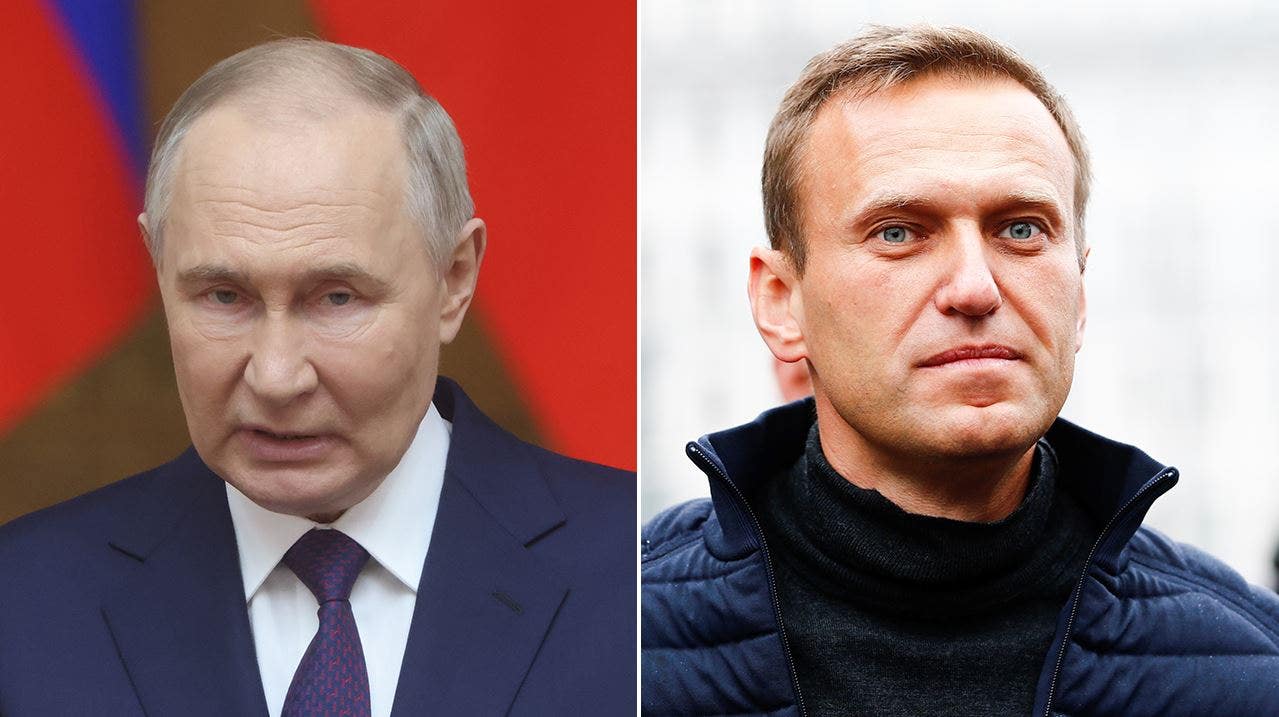
Trump: Putin ‘probably’ involved in Navalny’s death
Former President Donald Trump joins ‘MediaBuzz’ for an exclusive interview on clinching the Republican nomination, the sudden death of Russian opposition leader Alexei Navalny and his language choices on illegal immigrants.
Russian President Vladimir Putin likely didn’t order the death of opposition leader Alexei Navalny when the 47-year-old collapsed and died in February at an Arctic penal colony, U.S. intelligence agencies have concluded, according to a report.
While the U.S. has concluded that the Kremlin attempted to kill Navalny in 2020, when he was poisoned by a Soviet-era Novichok nerve agent, and Putin has culpability in his death earlier this year, agencies like the CIA, the Office of the Director of National Intelligence, and the State Department have assessed that Putin likely wouldn’t have wanted him killed at that moment, according to the Wall Street Journal citing people familiar with the matter.
One factor among many in the assessment was that Navalny’s death when he collapsed after a walk at the prison overshadowed Putin’s reelection, sources told the Journal.
The U.S. increased sanctions on Russia after Navalny’s death. “Make no mistake. Putin is responsible for Navalny’s death,” President Biden said earlier this year.
A WINDOW INTO ALEXEI NAVALNY’S MIND BEFORE HIS DEATH
Russian President Vladimir Putin likely didn’t order the death of opposition leader Alexei Navalny when the 47-year-old collapsed and died in February at an Arctic penal colony, U.S. intelligence agencies have concluded, according to the report. (Contributor/Getty Images/Sefa Karacan/Anadolu Agency via Getty Images)
Former President Trump told Fox News in March that he thought Putin was “probably” to blame for Navalny’s death after “Media Buzz” host Howard Kurtz asked him if he thought the 71-year-old leader bore “some responsibility.”
“I don’t know, but perhaps, I mean possibly, I could say probably, I don’t know,” Trump said. “He’s a young man, so statistically he’d be alive for a long time … so something happened that was unusual,”
Navalny had been in prison since 2021, after he returned to Russia from Germany where he had been in a hospital recovering from his poisoning.
ALEXEI NAVALNY’S DEATH REPRESENTS MAJOR BLOW TO POLITICAL DISSENT IN RUSSIA
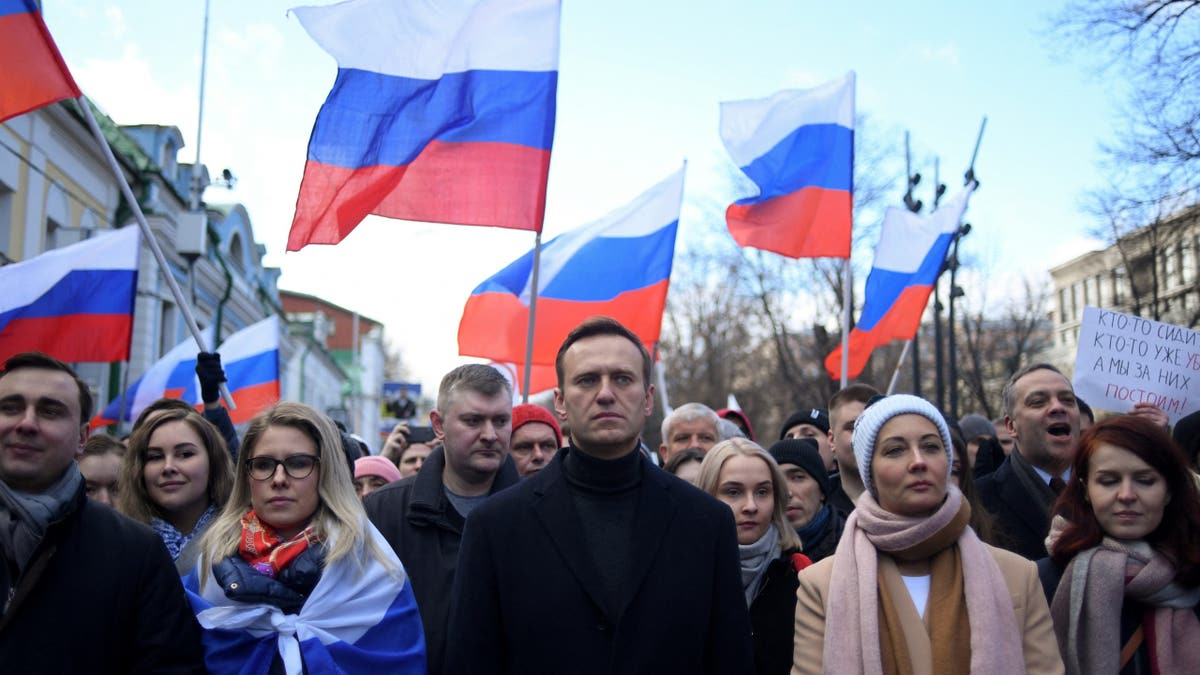
Alexei Navalny, center, was allegedly poisoned by the Kremlin in 2020. After he recovered in Germany, he returned to Russia and was jailed in 2021. (Kirill Kudryavtsev/AFP via Getty Images)
After his death, the Federal Penitentiary Service of the Yamalo-Nenets Autonomous District in Russia put out a statement that said: “On Feb. 16, 2024, in penal colony number 3, convict Navalny A.A. felt unwell after a walk, almost immediately losing consciousness.
“The medical staff of the institution arrived immediately, and an ambulance team was called. All necessary resuscitation measures were carried out, which did not give positive results. Doctors of the ambulance stated the death of the convict. The causes of death are being established.”
His cause of death has not been determined by the U.S. Russian media reports have claimed it was a blood clot.
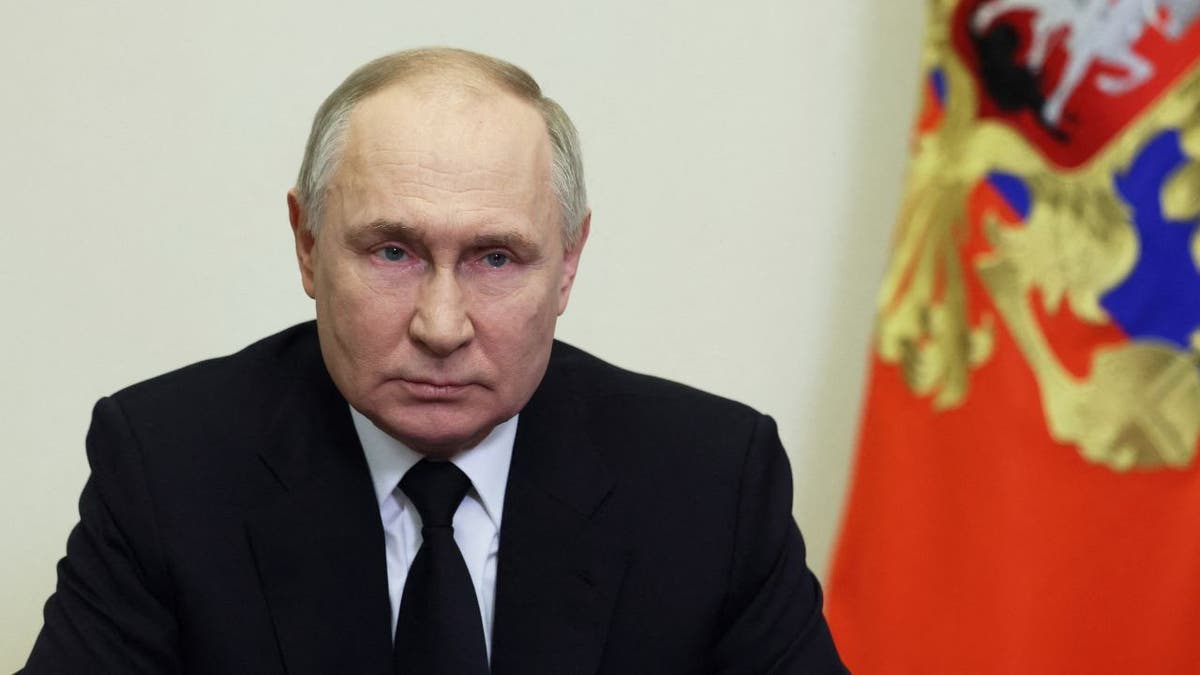
Navalny was Putin’s most prominent opposition leader in Russia. (Mikhail Metzel/Pool/AFP via Getty Images))
Navalny’s allies have called the U.S. assessment naive, and some European countries are skeptical that it wouldn’t have been directed by Putin.
Navalny’s ally Leonid Volkov said in a statement that anyone claiming Putin didn’t order his death, “clearly do not understand anything about how modern day Russia runs. The idea of Putin being not informed and not approving killing Navalny is ridiculous.”
Slawomir Dębski, of the Polish Institute of International Affairs, said the chances of Navalny’s death being unintentional were small.
“Navalny was a high-value prisoner, politically, and everybody knew that Putin was personally invested in his fate,” he said, according to the Journal. “The chances for this kind of unintended death are low.”
Navalny’s Anti-Corruption Foundation has also said that Putin ordered his death to prevent his release in a potential prisoner swap with the U.S. Putin said in March that the two agreed to the swap.
World
Ireland looking to send asylum seekers back to UK: Report
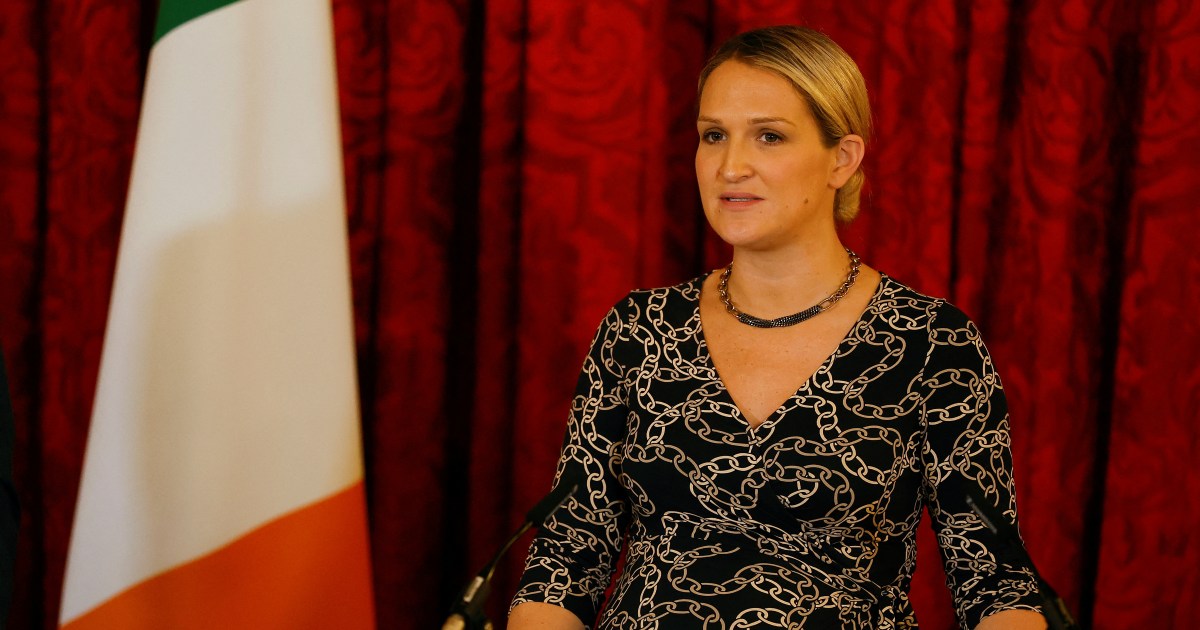
UK Prime Minister Rishi Sunak says it’s evidence that his plan to send asylum seekers to Rwanda is acting as a deterrent.
The Republic of Ireland is looking to amend the law to allow the return of asylum seekers to the United Kingdom, according to broadcaster RTE, after an influx over the border with Northern Ireland, which is part of the UK.
Dublin’s Minister of Justice Helen McEntee, who will visit London on Monday, told a parliamentary committee this week that she estimates 80 percent of those applying for asylum in the republic came over the land border with Northern Ireland.
UK Prime Minister Rishi Sunak told Sky News it was evidence that London’s plan to send asylum seekers to Rwanda is acting as a deterrent.
“What it shows, I think, is that the deterrent is … already having an impact because people are worried about coming here,” he said.
In response, a spokesperson for Ireland’s Prime Minister Simon Harris said the leader “does not comment on the migration policies of any other country but he is very clear about the importance of protecting the integrity of the migration system in Ireland”, RTE reported.
“Ireland has a rules-based system that must always be applied firmly and fairly,” Harris also said.
The spokesperson added that the Irish PM had asked his justice minister “to bring proposals to cabinet next week to amend existing law regarding the designation of safe ‘third countries’ and allowing the return of inadmissible International Protection applicants to the UK”.
McEntee is expected to discuss a new returns policy when she meets British Home Secretary James Cleverly in London on Monday.
“That’s why I’m introducing fast processing, that’s why I’ll have emergency legislation at cabinet this week to make sure that we can effectively return people to the UK and that’s why I’ll be meeting with the home secretary to raise these issues on Monday,” she told RTE.
Ireland had previously designated the UK a “safe third country” to return asylum seekers to, but last month the Irish high court ruled that this breached European Union law, stopping the process.
The UK’s Rwanda bill cleared its final parliamentary hurdle last Monday after a marathon tussle between the upper and lower chambers of parliament.
Sunak hopes the bill will prevent asylum seekers from trying to enter the UK on small boats over the English Channel from northern Europe.
-

 Kentucky1 week ago
Kentucky1 week agoKentucky first lady visits Fort Knox schools in honor of Month of the Military Child
-
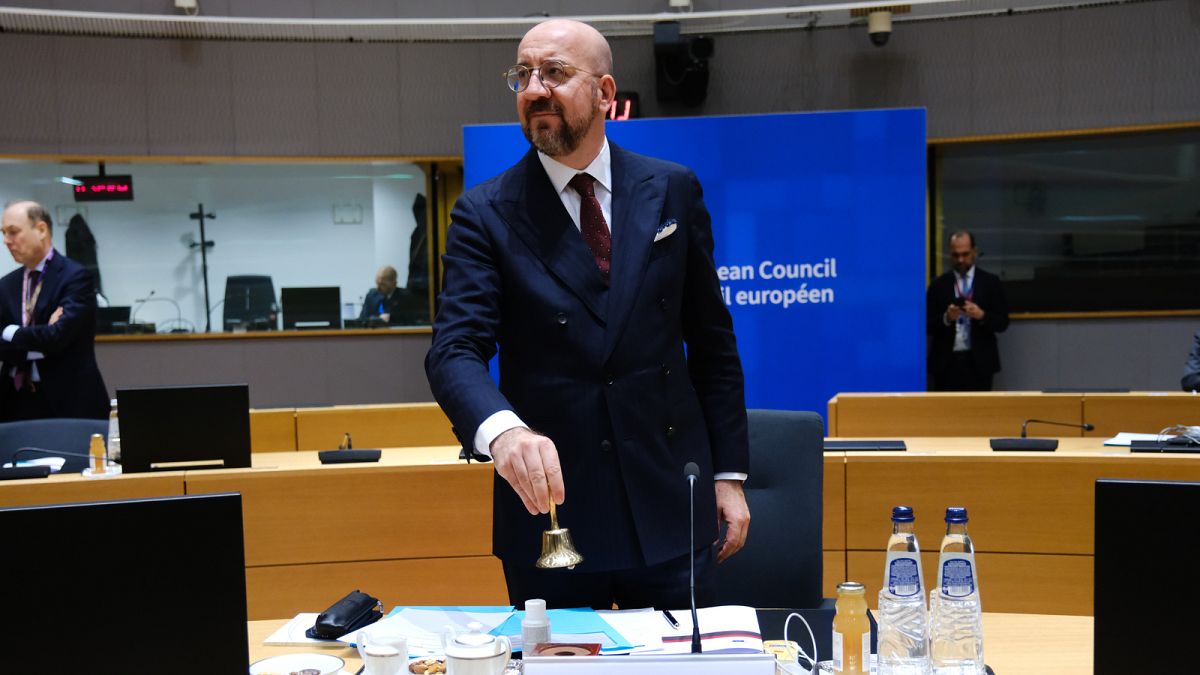
 World1 week ago
World1 week agoEU leaders weigh Lebanon partnership in response to Middle East crisis
-

 Movie Reviews1 week ago
Movie Reviews1 week agoFilm Review: Challengers – The Knockturnal
-
News1 week ago
Maryland high school student arrested after authorities discovered a 129-page document detailing school shooting plan, police say | CNN
-
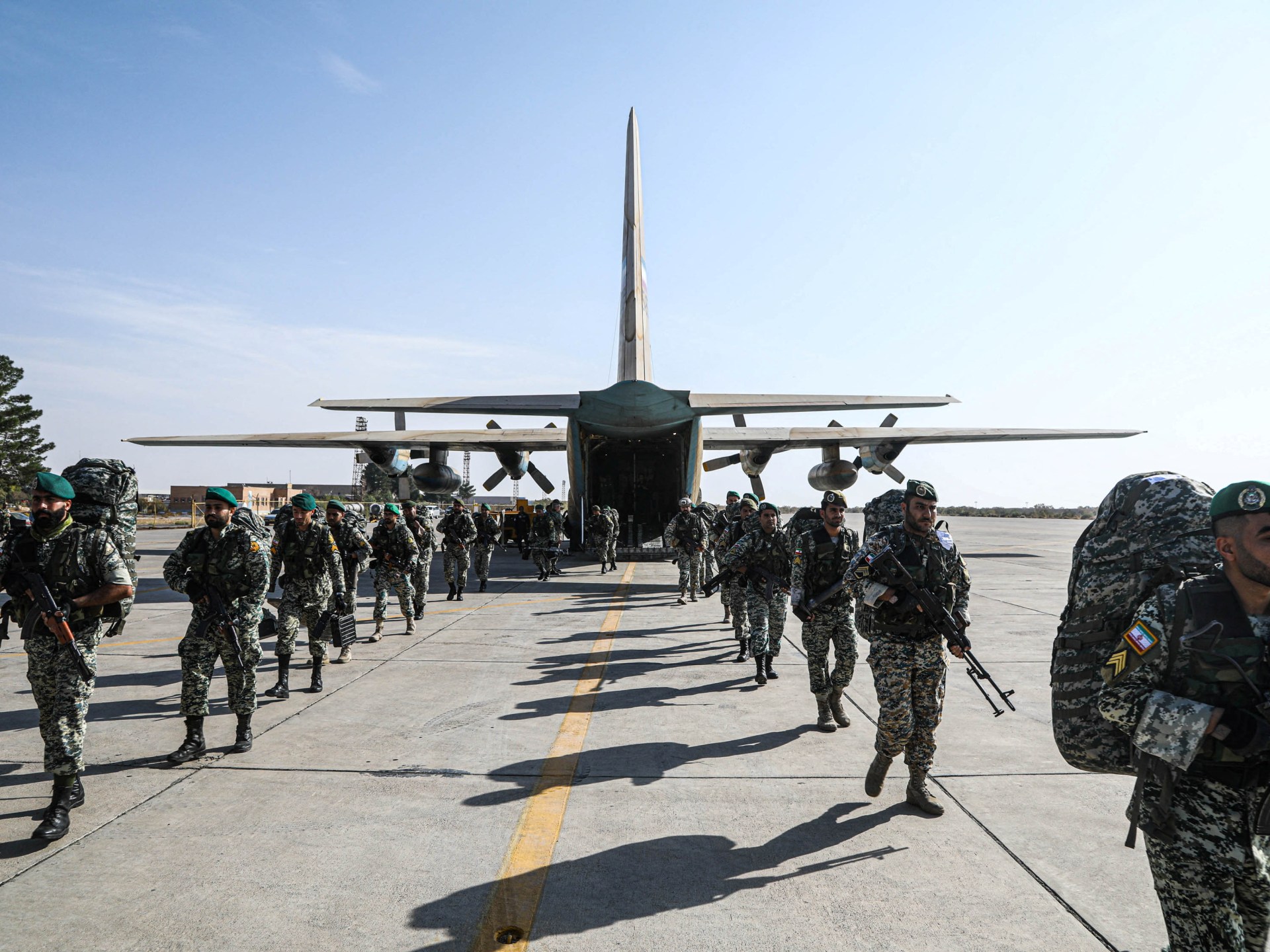
 World1 week ago
World1 week agoIranian media says three drones downed after explosions heard in Isfahan
-

 World1 week ago
World1 week agoShipping firms plead for UN help amid escalating Middle East conflict
-

 News1 week ago
News1 week agoVideo: Kennedy Family Endorses President Biden
-
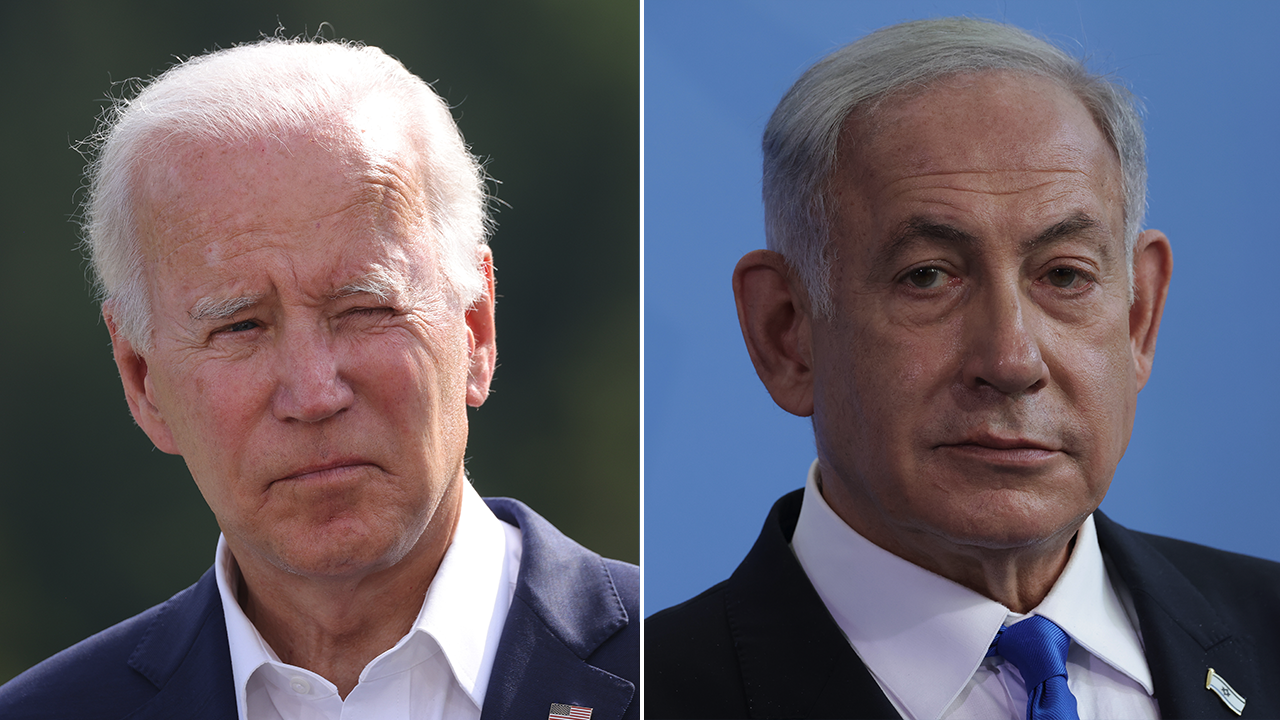
 Politics1 week ago
Politics1 week agoIsrael hits Iran with 'limited' strikes despite White House opposition

